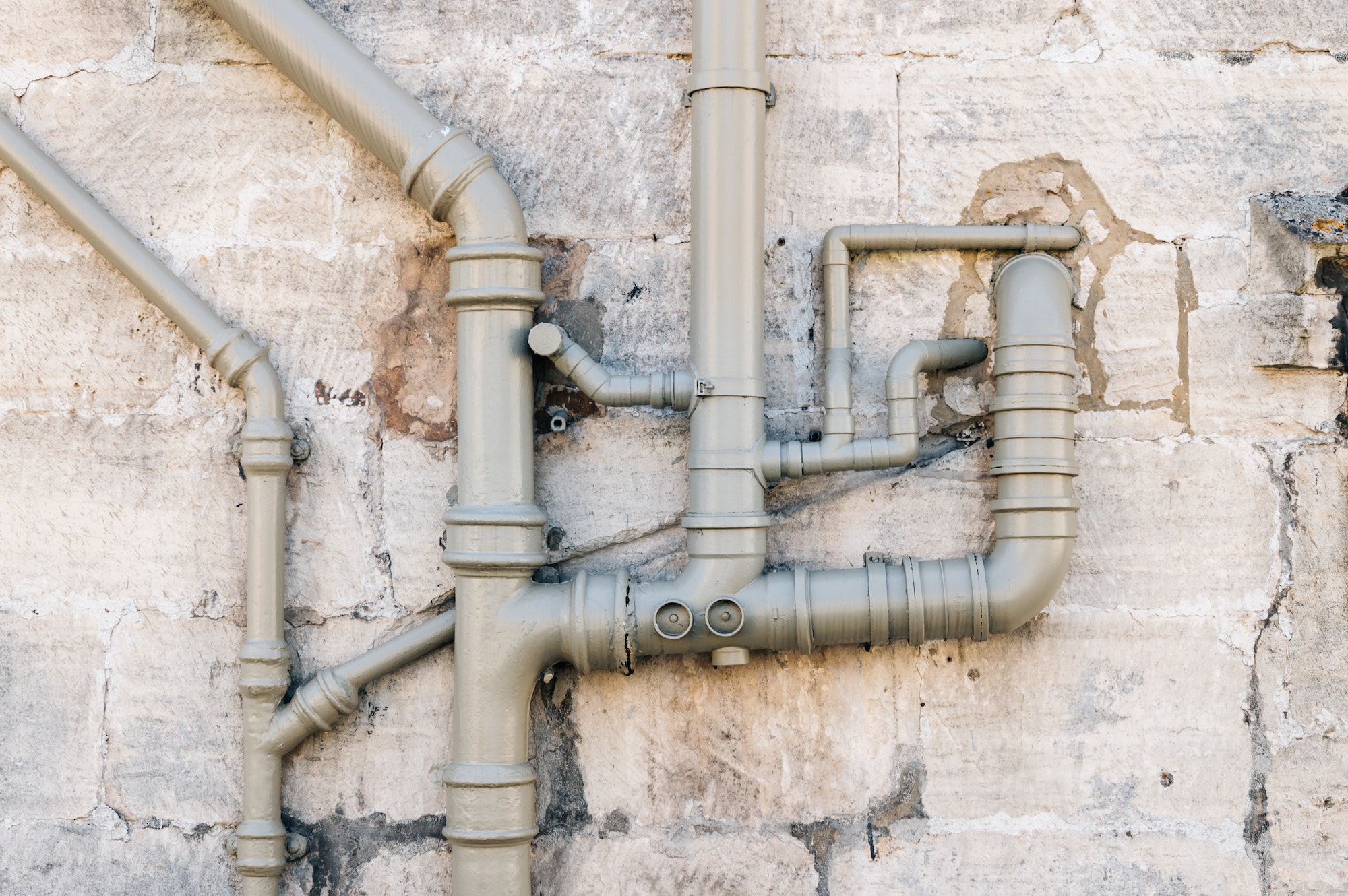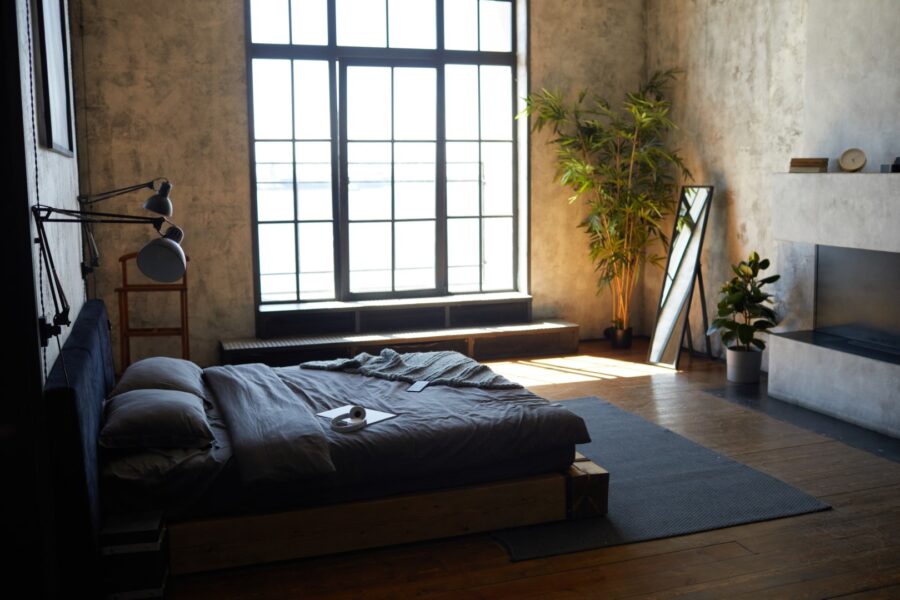The plumbing system is one of the most neglected parts of the house. Unfortunately, homeowners don’t realize how valuable this hidden part of the home is until water problems, blockage, or leaks cause mold growth.
Determining when to replace the old plumbing pipes can be challenging, especially if you have yet to encounter any issues. However, it will help if you consider getting new plumbing pipes when you see signs like leaking, discolored water, low water pressure, and high water bills.
Replacing your plumbing system could be complicated because it requires destroying and rebuilding walls. However, the work becomes more manageable with the right plumbing team, like J. Blanton Plumbing (https://www.jblantonplumbing.com/). So, consider hiring them instead of doing the job yourself.
Signs your plumbing pipes need a replacement
Some plumbers will tell you to replace the pipes several years after building your house. The duration depends on the longevity of the pipe materials used. However, if you notice these signs, consider replacing your pipes even before the expiry date of the current ones.
1. Discolored water
One of the early signs of aging water pipes is discolored water. So if you open the faucets and get brown, yellow, or red water, something could be wrong with the pipes. First, check if the municipality water lines are working correctly or if there were repairs in the main water dam.
If you are the only one getting discolored water, your pipes could be corroded. Rust causes the water to be brown, yellow, or red, which is unhealthy to drink and use. This water can also cause discoloration of clothes.
Even worse, rusting makes pipes weaker and creates holes. Unwanted sediments can pass into the water, causing the pipes to burst. These are more damaging and expensive repairs, but they are preventable.
Call a professional plumber to inspect your pipes if you are the only one getting discolored water. The plumber will detect corrosion and advise repairing or replacing old lines to prevent worse problems.
2. Leaky pipes
Another noticeable sign you should replace your plumbing pipes is if there are leaks. Leaking in pipes is caused by corrosion, mainly due to aging. Other corrosion problems are due to low-quality metals that degrade fast.
Leaking pipes lead to water wastage. They can also cause worse problems like damaging wood floors, mold growth, and high water bills.
Although the leaks are caused by tiny pores, failing to repair the small pores can make them bigger, increasing the rate of water loss. Even worse, these water pipes could burst, causing massive damage.
If you have been repairing leaking pipes more frequently, it is time to replace the entire plumbing system. Repairs might seem cheap, but they are more expensive than replacements.
3. Low water pressure
Low water pressure is easily noticeable during a shower or when you open the faucets. If the water is not coming out as it used to, your plumbing system has a problem. Low water pressure could be due to clogs in the plumbing line or leaking pipes.
If there are cracks and leaks in your pipes, they could also be the reason for the low pressure. Unfortunately, it is hard to determine the cause of the low pressure by checking the lines yourself, so you need a plumber to inspect them.
4. Aging pipes
How old are your current plumbing pipes? If your house is over 50 years old and you have never replaced the tubes, you need new ones. In addition, other signs that your home is aging, like a deteriorating roof, should prompt you to get new lines for your plumbing.
Old pipes start rusting, contaminating the water with harmful metals and causing water discoloration. The old lines could also begin cracking and leaking, constantly requiring constant repairs.
If the pipes in your home are over 50 years old, consider getting new ones. Some pipe materials last for a shorter time, so you may see signs of aging even after 20 years.
5. Increased water bills
Did you notice an increase in your water bill compared to the previous years or months? If you have not done anything to cause a rise in your water bill, like carrying out construction, your pipes could be leaking somewhere.
Leaving the problem unsolved could lead to more water bills, making water expensive. Besides, hidden leaks are dangerous because they weaken the wall, damage wooden floors, and cause mold growth and odors.
6. Noise in walls and faucets
Properly working plumbing pipes should not have strange noises. When you open the faucets, the lines produce a creaking or banging and shrieking sound; it means aging. The noise could also be due to a change in the water pressure.
Failure to check on the noisy pipes can cause more problems like wear and tear. Others lines build up too high pressure that causes bursting. If there is a difference in how your faucets operate, call a professional plumber for inspections.
How long should plumbing pipes last?
Plumbing pipes’ lifespan depends on the material used to make them. The more durable the material, the longer the lines will last. For example, copper pipes can last for 70-80 years, while steel has a short lifespan of 20-50 years.
Most homeowners use copper pipes because most existing building codes recommend them. Copper is also durable and safer, and the material is more affordable. Other pipe materials like brass have a long lifespan of 100 years.
Lead pipes are dangerous because they leave some lead residue in the water. Lead is a hazardous metal that causes anemia, kidney and brain damage, and even worse, death. Pregnant women can also suffer stillbirth when exposed to lead or give birth to children with a damaged nervous system.
Final words
Although plumbing pipes get hidden in walls and floors, some signs can tell you need repairs and replacements. For example, if the faucets let out discolored water, it could be due to corrosion. Other signs are high water bills or noise in the lines. Consider hiring a professional plumber to fix the new pipes.
Discover more from Futurist Architecture
Subscribe to get the latest posts sent to your email.



